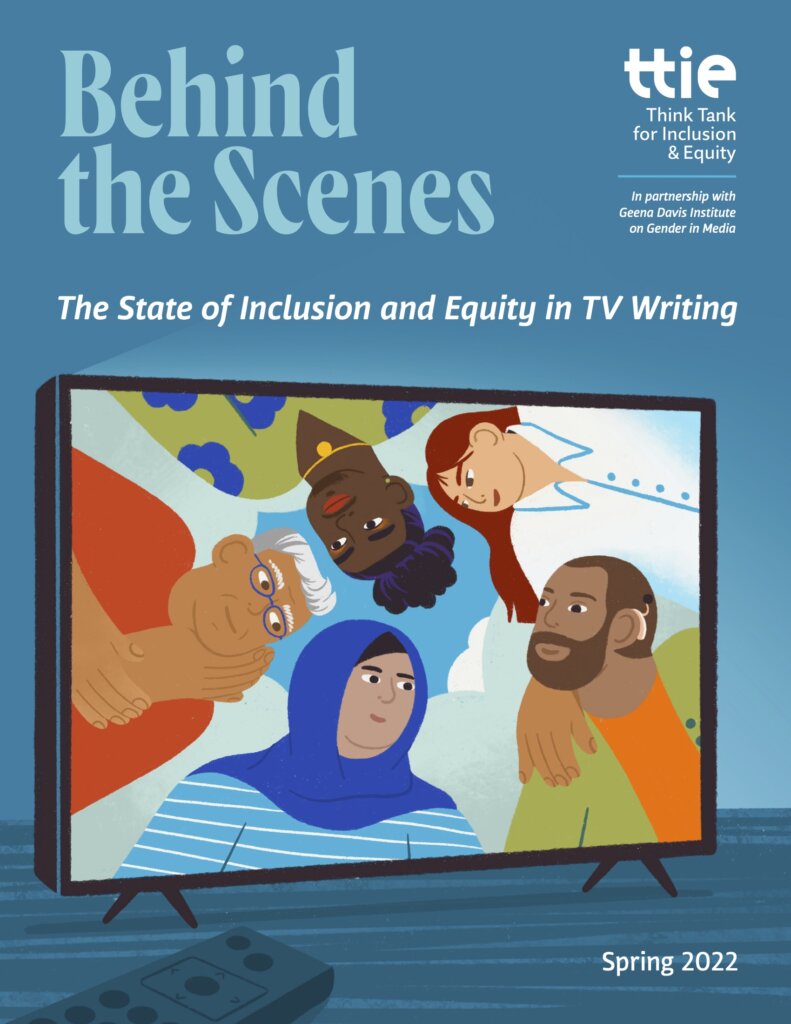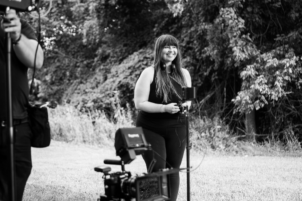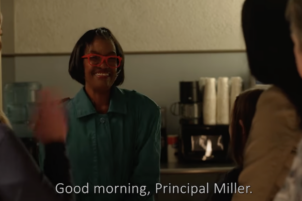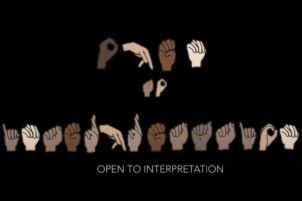Los Angeles, CA, May 27 – For the fourth year in a row, Think Tank for Inclusion & Equity has released a report about the barriers to entry and advancement faced by underrepresented writers. And as with last year’s report, the disability community lags behind every other marginalized community. The new report, titled Behind The Scenes: The State of Inclusion and Equity in TV Writing, is based on a survey of 876 respondents and results from two focus groups. Thirteen percent of the survey respondents identified as disabled.
“Disabled writers and actors are part of the largest, and one of the most intersectional, groups on the planet — yet it wasn’t until a few years ago that we began to be included in diversity and inclusion initiatives, in industry reports, and in media equity analyses,” said David Radcliff, one of two disabled steering committee members within TTIE (alongside Katherine Beattie). “Hollywood has a lot of catching up to do, where disability is concerned, and there’s no better time than now, as Zoom rooms become more normalized and the industry itself is being retooled, to finally welcome us.”
The top finding of the report is that 70% of historically excluded writers who developed new series projects in the past five years did so without pay, compared to 53% of non-marginalized workers. Disabled focus group participants shared that “they’re not only excluded from the process of telling their community’s stories, they’re also misled about the purpose of meetings so others can mine them for unpaid consulting work.” One participant said that “This industry tells our stories all the time…but they don’t want to actually work with Disabled people or let Disabled people take the reins and tell their own stories. And so we are constantly being asked to come in and even for free.”
One positive change from previous years has been Zoom-based writers’ rooms, which are significantly more accessible and have improved opportunities for disabled writers. But even with Zoom, stigmas remain rampant. One focus group participant described incidents of writers being left out of conversations because their disability was “inconvenient.” Another participant said that Zoom was helpful because “they can’t see you’re in a wheelchair.”
Another focus group participant described the desire to return to in-person writers’ rooms as a life-or-death situation: “For me, I’m severely immunocompromised. I cannot go back to [an in-person] room because if I catch COVID, I’ll die… [The Zoom room] is working pretty good for me, but it’s like everybody else’s conversation is ‘I’d be more comfortable in a live room. For social comfort.’ I’m like, ‘I’ll die, or I won’t be able to work.’”
Two of the action items for networks/studios/streamers/production companies listed at the end of the report are to “gain input from Deaf and Disabled community members to increase accessibility across workspaces,” and to “maintain Zoom and hybrid writers’ rooms to ensure better access, especially for Deaf and Disabled writers and writers from low-wealth and low-income backgrounds.”
The report also urges the industry to “collect, track, and review TV writers room inclusion and equity data to cover as many of the following identifiers as possible: race/ethnicity, gender, LGBTQIA+, Deaf, Disabled, Muslim, immigrant, those with large body types, and lower-level individuals age 50+.” This is critical, as without clear data being measured, progress is harder to achieve.
“We all have stories to tell and are more than capable of doing so. All we ask is for a level playing field, one that, in fact, benefits all and invariably makes for a better product both on the page and on screen,” Shea Mirzai said in response to the report. Mirzai is a Person Who Stutters and Disabled film and TV writer who is an alumnus of the RespectAbility Lab for Disabled Entertainment Professionals and sitting Co-Chair of the WGAw’s Disabled Writers Committee.








